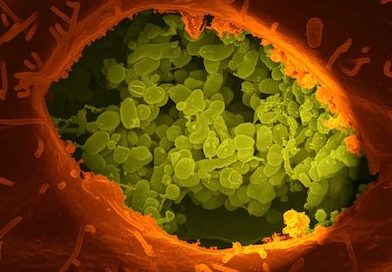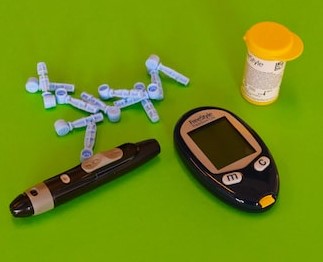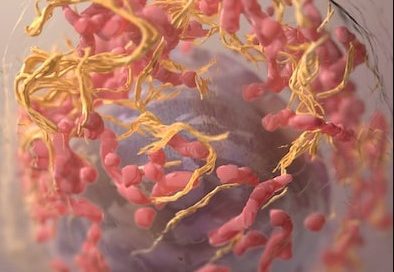How Functional Nutrition can remediate inflammation and support cancer prevention
Functional nutrition is a fundamental part of functional medicine that considers a holistic approach to eating habits based on lifestyle factors, food choices, environment, level of activity, and consideration of chronic diseases or disorders. Hence, Functional Nutritionists highly regard functional foods to not only address inflammation but also lower the risk of cancer. Several reactive [...]











